The Backstory To Blessed
Although my family background is entirely Greek, Negro Spirituals were a big part of my musical experience growing up. The reason can be explained in three words: Betty Jolly Wright.
Betty had come into our family as my maternal grandmother’s housekeeper. From before I was born, she worked as our housekeeper, as well as my Aunt Helen’s housekeeper, and cleaned the home and office of our next door neighbor, Doctor Cawley, too. Betty also babysat me.
Even as a boy, I knew Betty was an unusual person. Having her in my life taught me not to judge a book by its cover. Only a couple teeth remained in her mouth. When her glasses broke, she wore the rims without any glass in them for several years, until my mother told her that people might question her sanity if she didn’t replace the lenses. Betty had large feet, and wore slippers and white socks over her hose, which were knotted below the knee to keep them up. The upper front of her dress was stuffed with cloth to make it appear larger (that was also the place she kept her cash). In a moment reminiscent of the medical advice from the Greek father in My Big Fat Greek Wedding, Betty once told me that Vicks Vaporub was the best cold cure ever; she not only used it on her chest, but also ingested some for good measure. Betty loved ice cream more than any other food, and reserved a special smile for when she ate a gigantic bowl of it.

When I went off to college she took me aside, insisted that I take some money (probably about a week’s worth of her wages), and gave me only one piece of advice: make sure to bring home a Greek girl. I knew Betty loved me deeply, and she knew I loved her.
Betty had known extreme hardship. She was from Richmond, Virginia, and was born sometime around 1910 (she did not know when exactly). She grew up at a time when African-Americans lived at the mercy of more powerful people, who didn’t always see much need to respect their rights. Her first husband and the love of her life, Mr. Jolly, disappeared one day. The next thing she knew, there was a knock at her door and, without explanation, the police handed her a pot of ashes that they told her were his remains. She never found out exactly what had happened to him, but apparently, my sister Jenifer recollects, he was lynched for walking into a “whites only” store.
Betty had a beautiful, gentle voice. She sometimes hummed or sang Spirituals softly as she worked. She also loved to watch popular singers on television, especially Tom Jones and Engelbert Humperdinck, and she never missed Tom Jones’s weekly program. When I was away at college, some members of our family took her to a Tom Jones concert. She never stopped talking about that!
My father would drive Betty to her home occasionally, and whenever he did, if I was home, I would tag along. The reason to tag along was simple: I knew there would be singing. My father and Betty had an understanding. She would wait for him to start humming a note in the car (usually it was just one note that he would hold for a while). Then she would take it from there, leading us in Spirituals as Dad and I sang along. My father was a terrible singer but he knew how to connect with people. It was an amazing gift he had. “I got shoes. You got shoes. All God’s children got shoes…” and “Swing Low Sweet Chariot” were two songs that we always sang on those trips.
When I went to college I joined the Yale Russian Chorus, and was delighted to find that its repertoire included a lot of Negro Spirituals. They were well suited to our acapella group, and when we toured the Soviet Union in 1979, people there especially seemed to like it when we sang them.
The seventh track on the Pano Hora Ensemble’s new album, Evlogía, is Blessed. On the album, it is performed by woodwind quartet, but it was written originally to accompany the words of Jesus’s Sermon on the Plain (Luke: 6, 20-23), and is part of the forthcoming opera, Gethsemane, where it is sung by an angelic choir.
When I sat down with my bouzouki to write the melody to Blessed, I felt an unusually heavy burden. This is one of the most powerful verses in the Gospel. Then, all at once, the melody appeared and I recognized its familiar structure: it was a Negro Spiritual – not one that anyone had heard before, but, nonetheless, it was a Spiritual. And I knew where it had come from.
I later learned an interesting theory about an African connection to Jesus that dated from His lifetime. Jesus set up headquarters in Capernaum, not Jerusalem, which was far enough from Jerusalem to avoid trouble from the Roman or Jewish authorities based in the capital. Capernaum was a commercial town, and a crossroads for trade, including the slave trade. Some speculate that this locational choice reflected Jesus's plan to rely on slaves, who were particularly receptive to His teachings, to spread them widely. I suppose Jesus knew how to use the worst of the world, even the slave trade, to His Divine purpose. I remember hearing a story once that upon learning that theory, a group of African Americans visiting Capernaum spontaneously burst into song. Betty would have liked that.

Please take a listen to a preview of Blessed from Pano Hora Ensemble’s newest album, Evlogía.
.png)
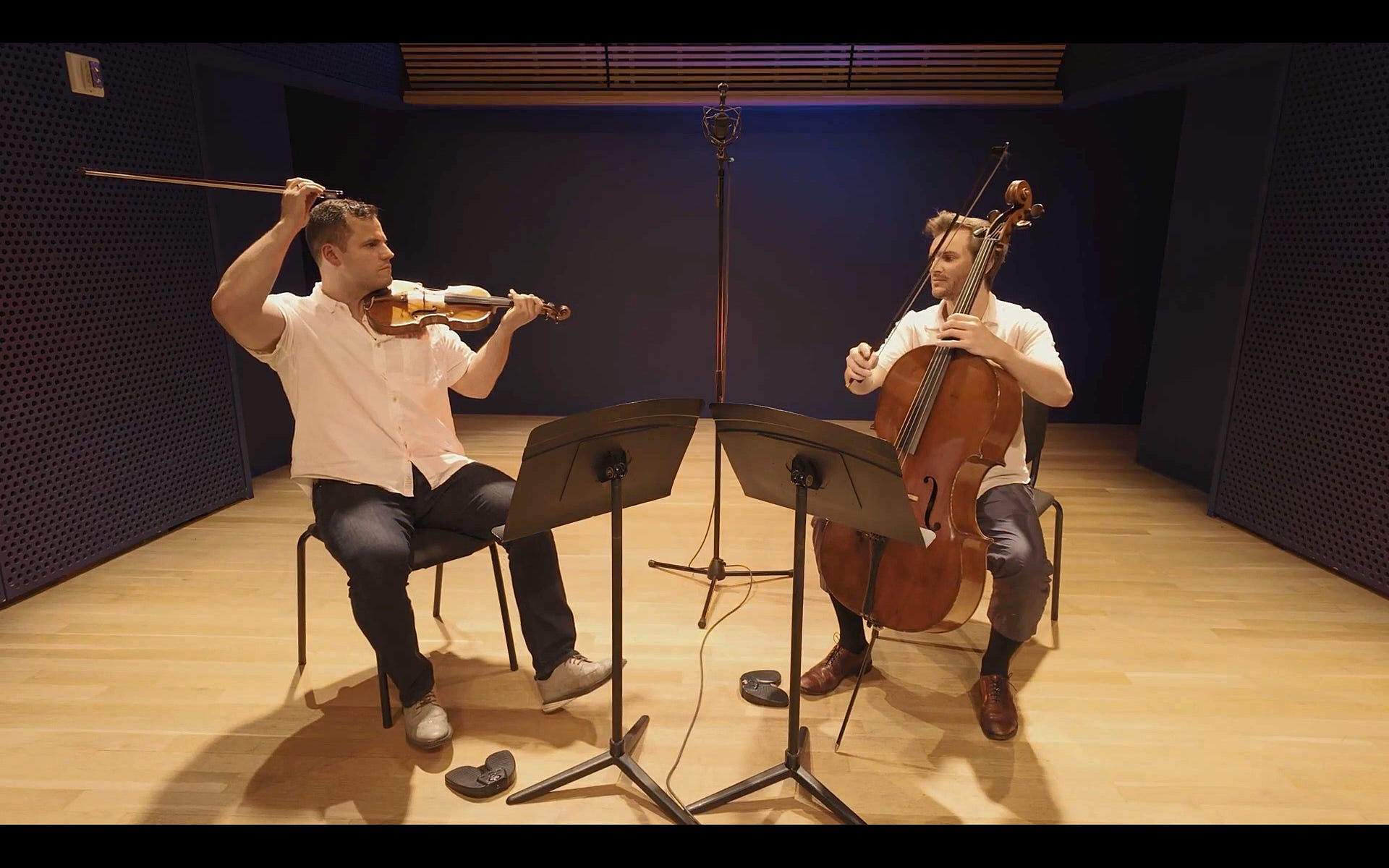
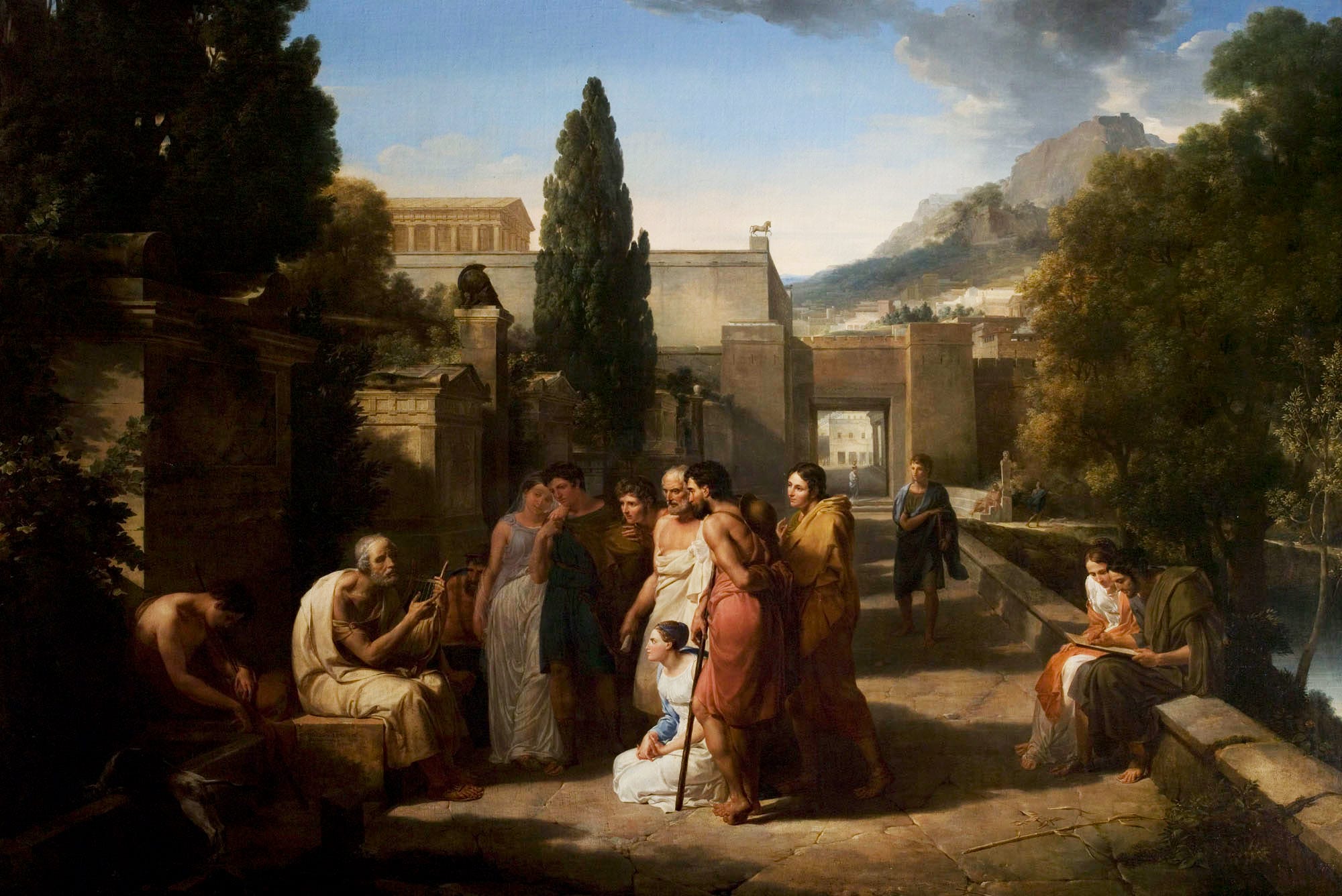
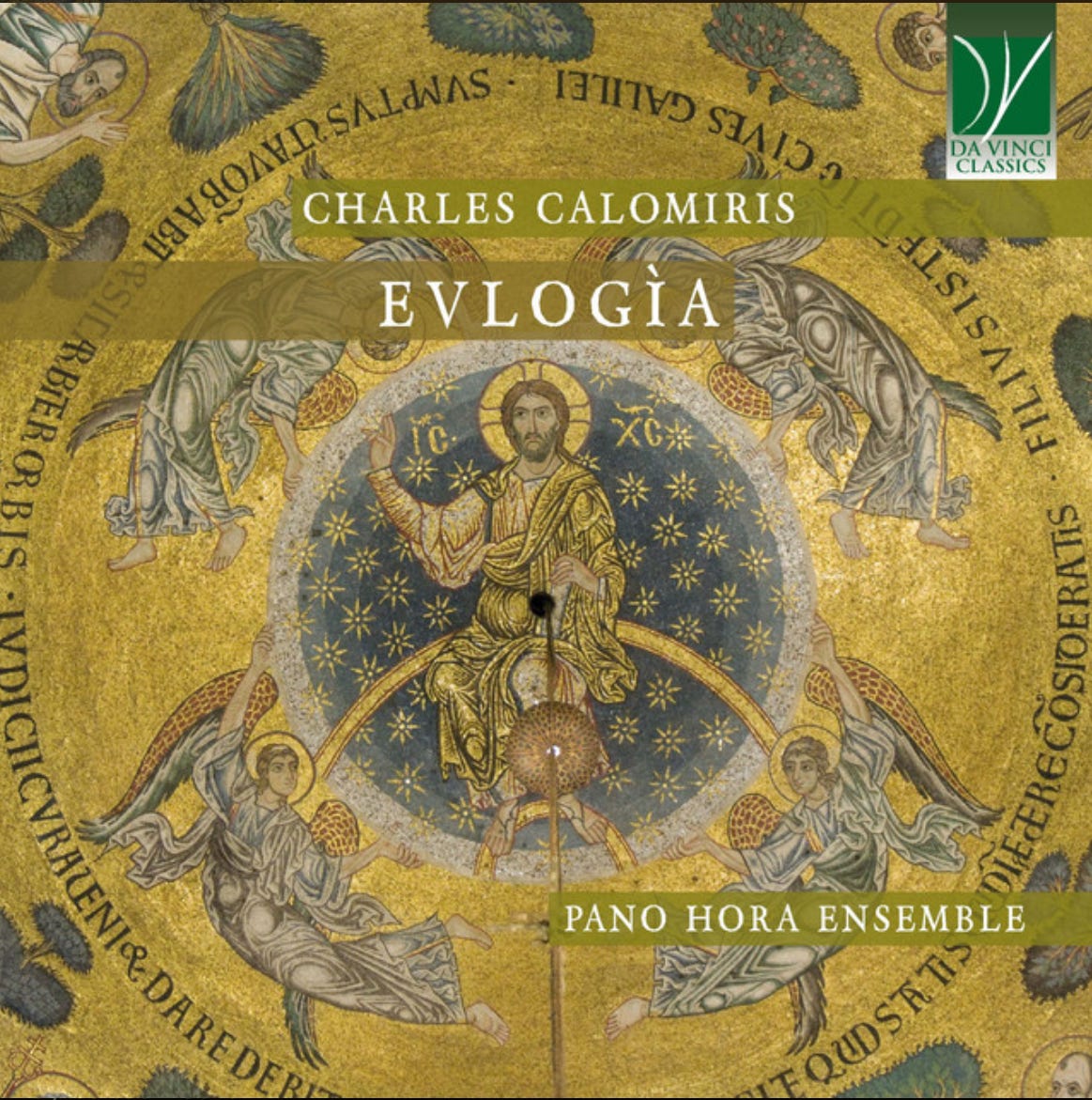






.avif)


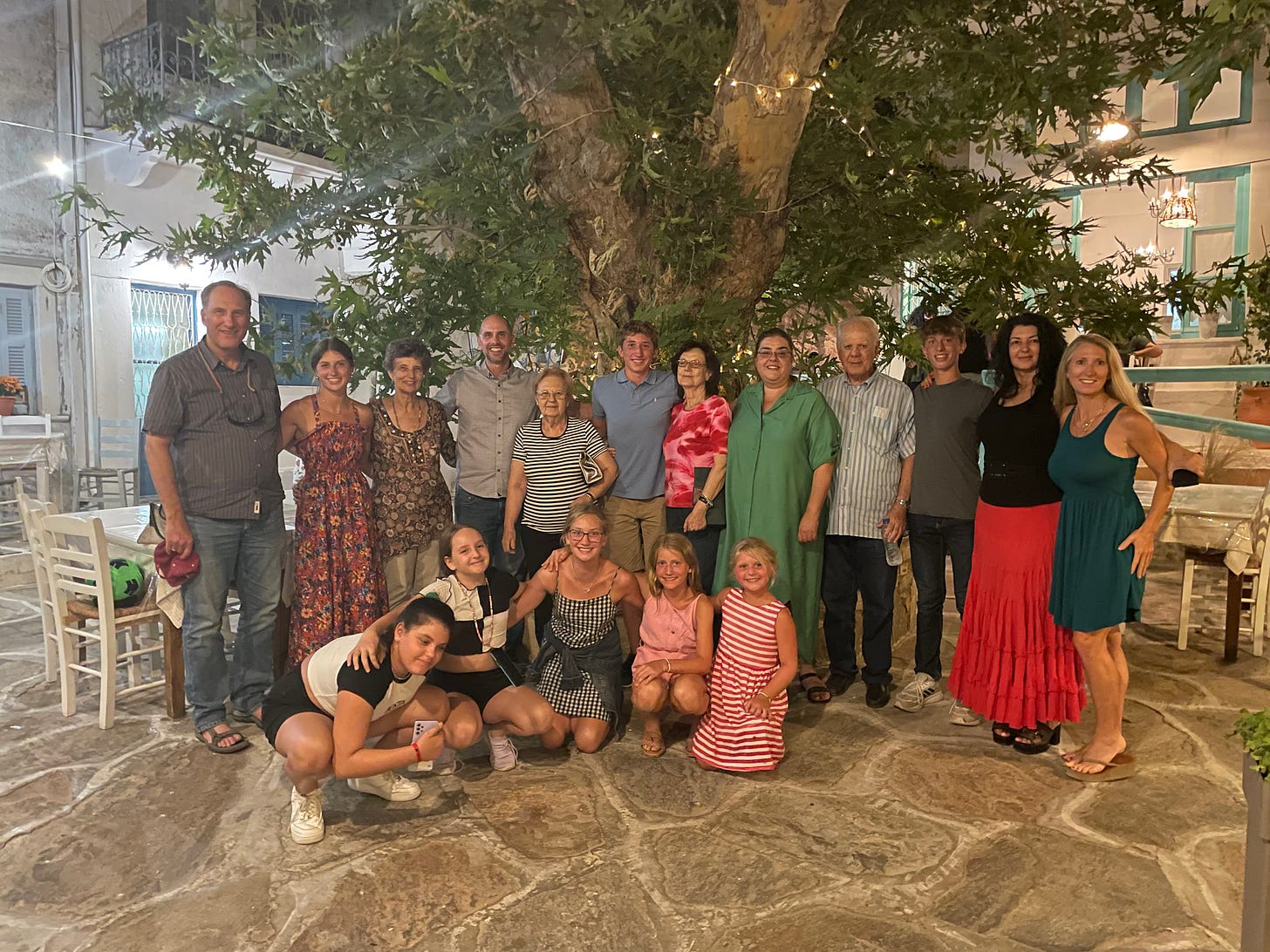
.png)

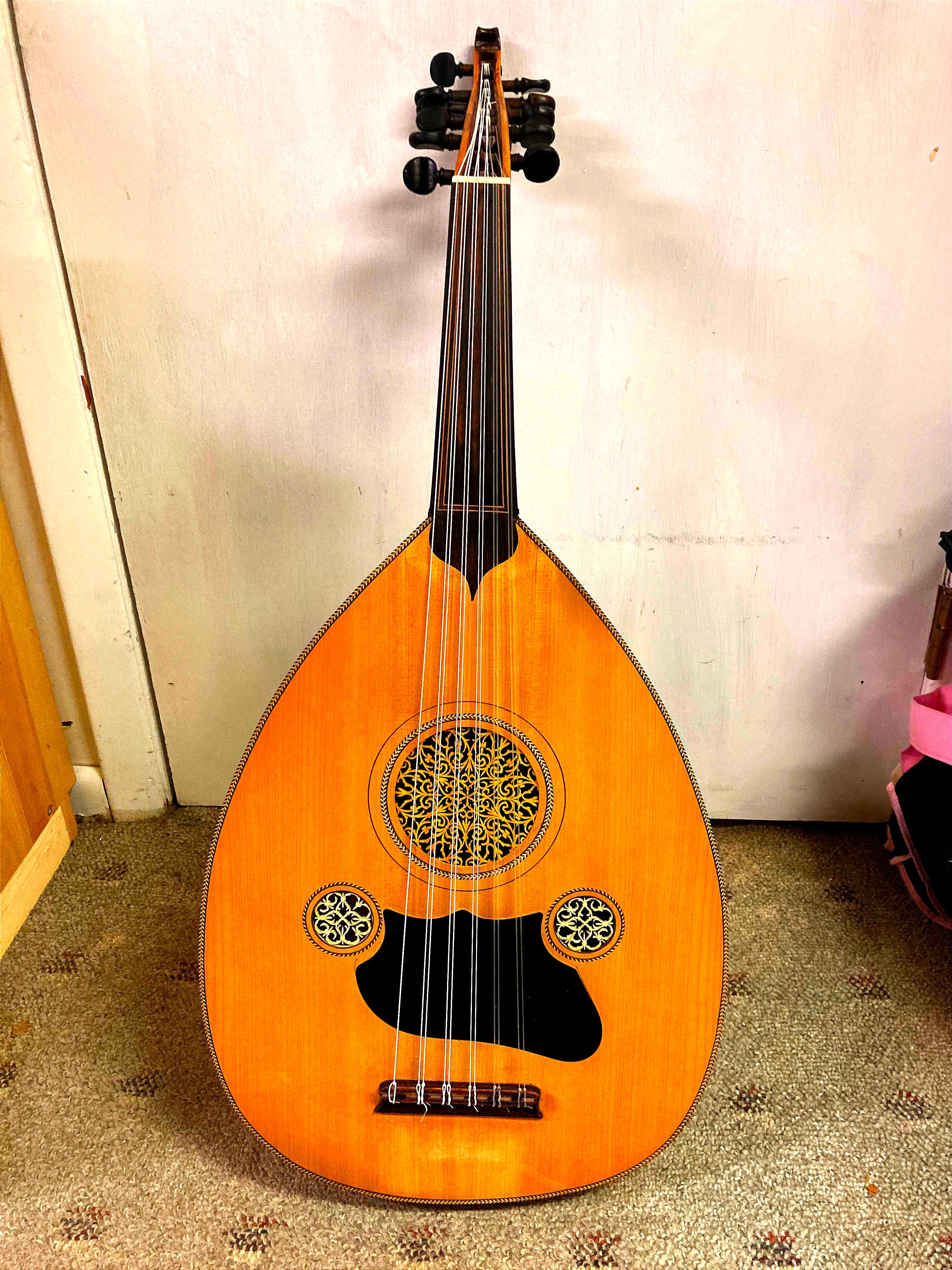
.png)


.png)






.jpg)
